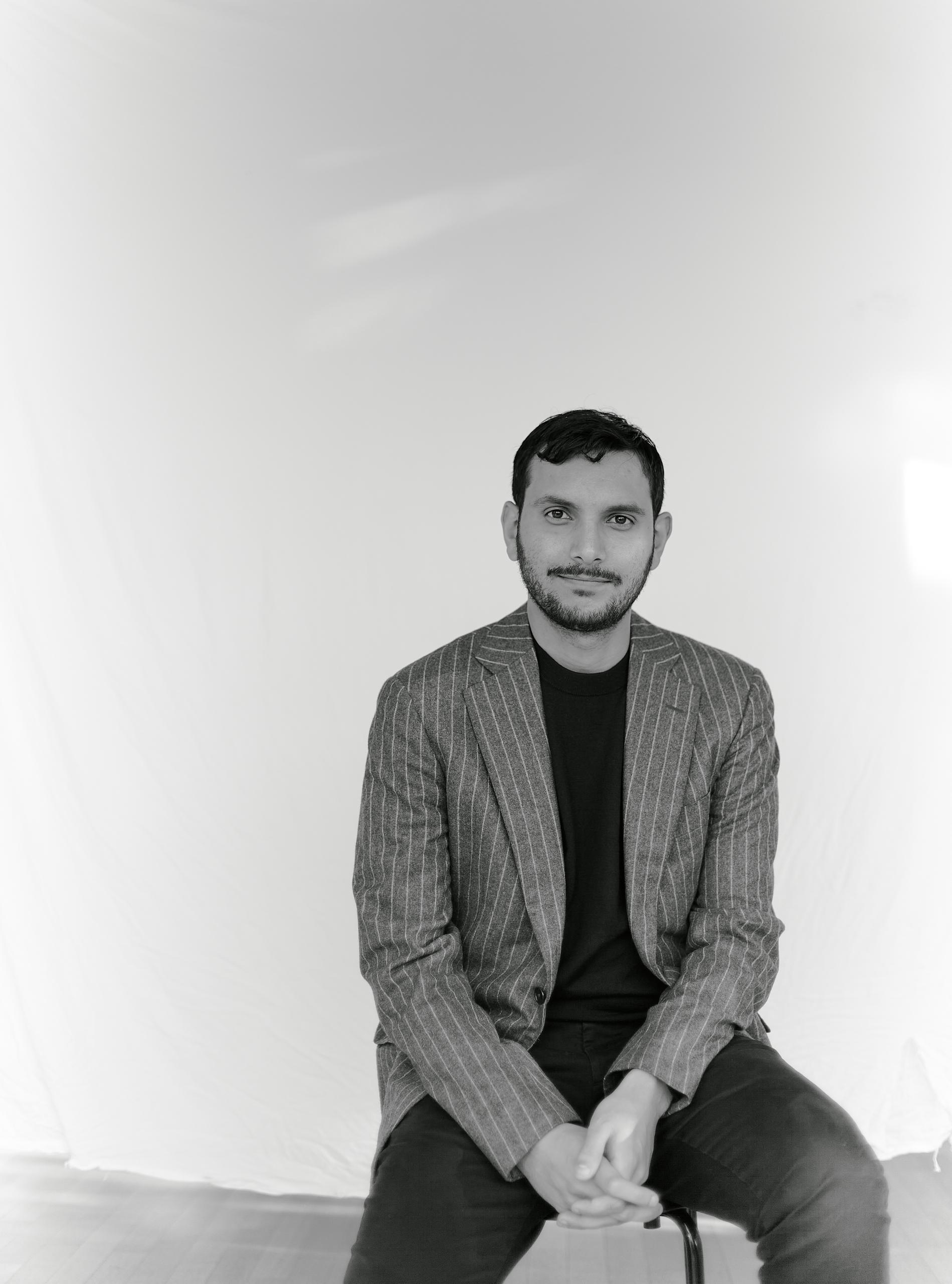
Protestors at University of Lausanne continue pro-Palestine sit-in

Several hundred people gathered at the University of Lausanne (UNIL) on Saturday in support of students who have been demonstrating for the Palestinian cause.
Since Thursday, a hall on campus has been occupied by students demanding a boycott of Israeli academic institutions and an immediate ceasefire in Gaza. They have been authorised to stay until Monday afternoon, when another meeting with university authorities is to take place.
On Saturday a rally attracted some 400 people to the site, which is decked out with banners and Palestinian flags. The atmosphere was non-confrontational, and participants did not enter the occupied building.
+ Read more: our coverage of the Israeli-Palestinian war
Between two speeches, participants chanted “Gaza, UNIL is with you” and “Down with Israeli apartheid”.
In a subsequent address, Joseph Daher, a guest professor at UNIL, praised the mobilisation of the students, who he said were “outraged by something that is unacceptable – genocide”.
A second professor, sociologist Olivier Fillieule, also lent support, saying that “the aim of teachers is to make citizens of students”. He called for “total transparency” by the university regarding its cooperation with Israeli institutions, a demand echoed in a letter addressed to UNIL management which staff are being asked to sign.

More
Israeli-Palestinian war spills into Swiss art world
Fillieule welcomed the attitude of university authorities, who have “at least for the time being” been willing to engage in dialogue – unlike at the Federal Institute of Technology Lausanne (EPFL), he said.
The latter is threatening to suspend the “Polyquity” association due to a conference it organised which was deemed to be “biased”.
At the occupied UNIL building, students hold two assemblies a day in order to take decisions, the Keystone-SDA news agency reports. Sofas have been moved to the ground floor, and three small grey tents take pride of place in the atrium. A room with mattresses is used as a dormitory.
Adapted from French by DeepL/dos
This news story has been written and carefully fact-checked by an external editorial team. At SWI swissinfo.ch we select the most relevant news for an international audience and use automatic translation tools such as DeepL to translate it into English. Providing you with automatically translated news gives us the time to write more in-depth articles. If you want to know more about how we work, have a look here, and if you have feedback on this news story please write to english@swissinfo.ch.

In compliance with the JTI standards
More: SWI swissinfo.ch certified by the Journalism Trust Initiative






























You can find an overview of ongoing debates with our journalists here . Please join us!
If you want to start a conversation about a topic raised in this article or want to report factual errors, email us at english@swissinfo.ch.